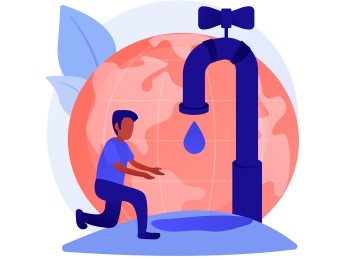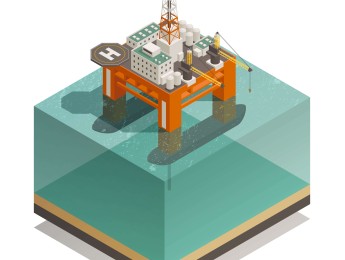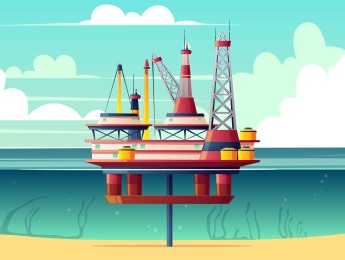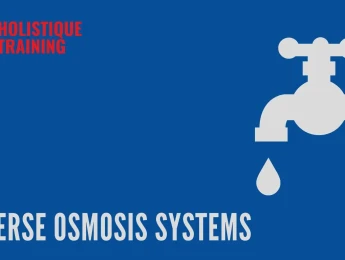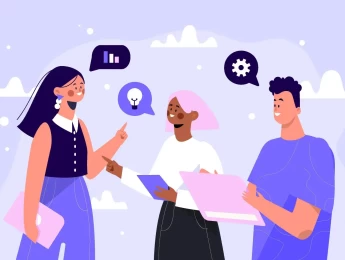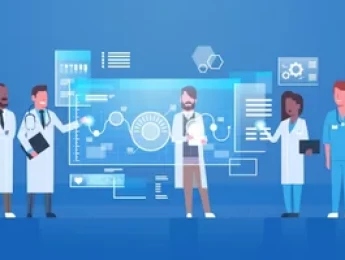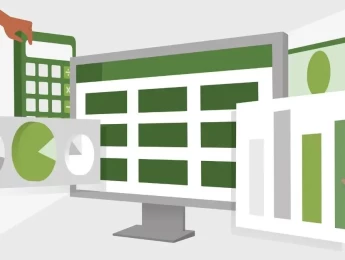The water industry provides potable water and wastewater services to all segments of the economy. Global water use extends into various applications, from domestic to industrial processes, and coordination between all these stakeholders is essential to preventing and reducing water waste and misuse.
This course provides a comprehensive look at the Water Industry, focusing on drinking water and wastewater services and systems. You will also examine the legal and Health, Safety, and Environmental (HSE) regulations for managing water systems and distribution.
Upon completion of this course, participants will be able to:
- Review the basics of water composition, including its chemistry, microbiology, and physical properties.
- Analyse the risks and limitations of water use.
- Examine key aspects of the global water industry, including water use and reuse.
- Compare water quality and quantity requirements in domestic and industrial applications.
- Understand the main water treatment techniques, focusing on potable water and wastewater.
- Explain the legal, environmental, and HSE requirements for maintaining and monitoring water use, reuse, and water systems.
This course is intended for:
- Professionals involved in regulatory monitoring of water quality.
- Process Engineers in Sewage Treatment Plants.
- Engineers involved in monitoring and maintaining water systems.
- Professionals involved in drafting water quality guidelines.
- Healthcare and Hospitality professionals responsible for water systems.
- Anyone interested in developing an understanding of the Water Industry.
This course uses a variety of adult learning styles to aid full understanding and comprehension. Participants will review case studies to highlight key areas of importance and possible areas for faults. They will be supplied with the best tools required for learning exercises to improve their skills. Participants will analyse the examples to thoroughly understand how these skills, techniques and methods apply in the workplace.
Day 5 of each course is reserved for a Q&A session, which may occur off-site. For 10-day courses, this also applies to day 10
Section 1: Overview of the Water Industry
- Review current global reports and water use statistics.
- Discuss global water reserves and future predictions.
- List water consumption trends.
- Describe the meaning, components, and types of water balance.
- Identify basic processes that consume water resources.
- Examine circular economy theories in the water industry.
Section 2: Introduction to the Properties of Water
- Identify basic water chemistry parameters.
- Describe water microbiology.
- Review the physical properties of water.
- Examine scale deposition and corrosion.
- Interpret the results of water analyses.
- Explore the interaction of water with substances and materials in a distribution network.
Section 3: Overview of the Drinking Water Industry
- Examine global drinking water reserves and demand forecasts.
- Review international guidelines and standards.
- Identify major contaminants in drinking water supplies
- Describe the types of drinking water treatment systems.
- Detail the disinfection treatments for drinking water.
- Explore quality control and monitoring.
Section 4: The Wastewater Industry: Domestic and Industrial Wastewater
- Define key terms relating to domestic and industrial types of wastewater.
- Compare domestic and industrial wastewater treatment techniques.
- Review the chemical composition of wastewater.
- List the microbiological characteristics of wastewater.
- Examine the reuse of treated water for irrigation.
- Describe other uses of treated wastewater, including aquifer enrichment.
Section 5: Legal and HSE Considerations in the Water Industry
- Examine biofouling and waterborne diseases.
- Review the role of evaporative cooling systems in spreading Legionnaires’ disease.
- Outline the impacts of COVID-19 during and after the global pandemic on water systems.
- Compare water pollution and water contamination.
- Describe environmental regulations for the disposal of treated water.
- Discuss the public liability of organisations involved in the Water Industry.
Upon successful completion of this training course, delegates will be awarded a Holistique Training Certificate of Completion. For those who attend and complete the online training course, a Holistique Training e-Certificate will be provided.
Holistique Training Certificates are accredited by the British Assessment Council (BAC) and The CPD Certification Service (CPD), and are certified under ISO 9001, ISO 21001, and ISO 29993 standards.
CPD credits for this course are granted by our Certificates and will be reflected on the Holistique Training Certificate of Completion. In accordance with the standards of The CPD Certification Service, one CPD credit is awarded per hour of course attendance. A maximum of 50 CPD credits can be claimed for any single course we currently offer.
- Course Code PO2-110
- Course Format Classroom, Online,
- Duration 5 days




